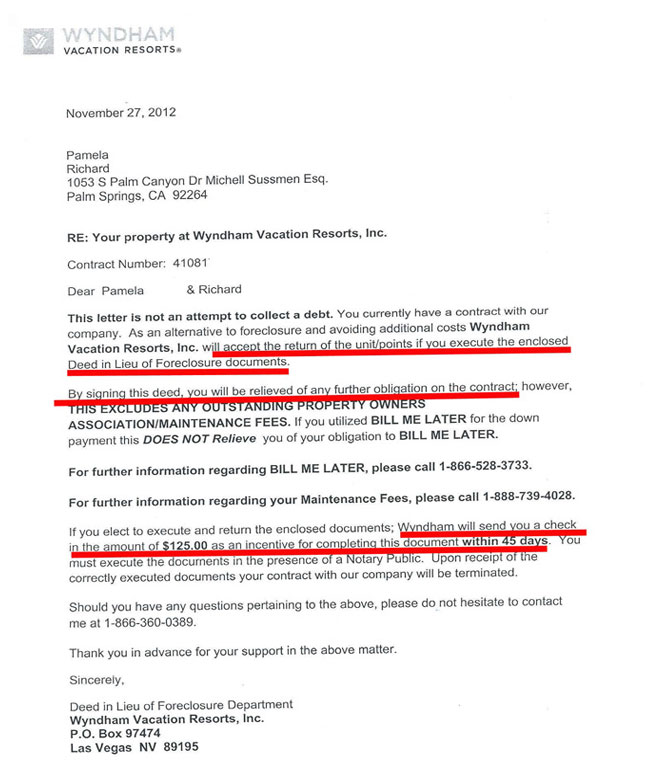Purchasing a house can be both a remarkable and stressful procedure at the same time. However dealing with the huge expenditure of a home in one fell swoop is often hard for a private or family to handle. That's where home mortgages been available in. Normally in exchange for a deposit, a lender will approve you a home loan to allow you to finance your home with an interest rate connected.
Similar to other types of loans, home mortgages need regular monthly payments a process called amortization whereby you lower the financial obligation you owe over time. The rate of interest you receive will be largely depending on your credit rating, as well as the size of your preliminary down payment. Furthermore, if you stop paying your home mortgage, the loan provider can foreclose on your home.
Down payment requirements vary from lender to loan provider and loan to loan, but they usually aren't greater than 20%. The principal balance related to your home mortgage is basically the quantity you owe the loan provider. Lenders won't loan you money free of charge. The interest rate you get identifies just how much additional you'll pay beyond simply your primary balance.
Some examples of these are examination fees, origination http://public.sitejot.com/ykdjvdg661.html charges and title insurance coverage. Home purchasers who lose on their deposit will likely need to purchase home loan insurance. Depending upon the type of loan you get, this might come in the type of private home loan insurance (PMI) or government loan insurance.
The application procedure asks questions about elements like your estimated down payment amount, work, yearly income, credit rating, possessions and financial obligation. This helps the lending institution identify the optimum loan quantity you can receive and the conditions under which you'll get it. Residential mortgages consist of 2 crucial forms. These are fixed-rate home mortgages and adjustable-rate home mortgages (ARMs).
A fixed-rate mortgage requires the borrower to pay the very same rates of interest throughout the period of the loan. Because of this, property buyers will be able to prevent changing market trends. For the a lot of part, this design of home loan features either a 15- or 30-year term. Some lenders may have exclusive terms, however.
Then, depending on market changes, your rate will change generally on a yearly basis. That makes ARMs significantly more unforeseeable than their fixed-rate equivalent. Here are a couple examples of ARMs: The "5" indicates your initial rate will last for five years, while the Discover more here "1" implies your rate will reset every year.
Aside from basic home mortgage types, federal government firms offer their own loans to homebuyers. 3 crucial federal government agencies offer these services: the Federal Housing Administration (FHA), the U.S. Department of Farming (USDA) and the U.S. Department of Veterans Affairs (VA). FHA loans are distinct in that they enable homebuyers to pay just a 3.5% deposit, which is far listed below the standard 20%.
In fact, even those who have actually declared bankruptcy can get approved. You can only achieve a USDA loan if you're aiming to buy a house in a "backwoods," which is designated by the USDA itself. These fixed-rate home loans often come with no deposit whatsoever. Since the VA provides these home mortgages, they are solely available to military service-members, retired service-members and some enduring military spouses.
Jumbo loans are non-conforming mortgages. This indicates that they don't fall within the maximum adhering loan limits federal government agencies set. More particularly, loans for single-family homes are capped at $484,350. If your home loan surpasses those bounds, you require to look for a jumbo loan. If you're prepared to make the jump into homeownership, you'll likely require to get a mortgage.
There's a wide variety of companies that fit under this heading, including banks, credit unions and online lending institutions, like Rocket Home mortgage and SoFi. These loan providers can then be split into two subcategories: retail lending institutions and direct lenders. The only vital distinction between them is that retail lenders use monetary products beyond simply home loans, while direct lenders specialize in home loans.
Contrary to the massive approach utilized by mortgage lenders, portfolio loan providers provide their own money by their own guidelines. This could be advantageous, as these lenders aren't bound by the very same strict guidelines and financier interests that home loan lenders frequently are. If you require a jumbo loan, it might be simpler to get one through a portfolio lender.
Home loans from these lenders tend to have high rates of interest and minimum down payments, however. As a result, financiers seeking to repair and flip homes on a short-term basis are their most typical consumers. Like their name suggests, wholesale lending institutions provide moneying loans to banks, home loan brokers and other outdoors lending institutions.
In most cases, you'll see the name of the wholesale lender noted on your home mortgage documentation instead of your broker. Once your home mortgage is total, a correspondent lender will look to sell it to a sponsor, which is an external financier. In order to purchase a loan, sponsors need to ensure that it meets their requirements.

By offering the home loans, reporter lending institutions are generally guaranteeing they make cash, as the opportunity that a property buyer defaults is removed. Mortgages can be truly valuable if you desire to buy a house and can't pay for the overall cost upfront. Though the types of loan providers that offer them differ, it's eventually as much as you to choose whether a specific home loan, or lender, is for you.
